Description
Latin Name : Populus Nigra
Origin Country: Poland
Poplar bark is primarily native to boggy lowland areas, river valleys, pond margins, forest margins, fields and roadsides in Europe, northwestern Africa and western Asia.
Black poplar has been used for a long time as a folks remedy. The bark is harvested from side branches or coppiced trees and dried for later use.
Black poplar bark is used as a natural dye. Always soak bark overnight before heating. Use a dye bag when dyeing wool or the bits will get stuck in the fibers. Heat slowly to below a boil, boiling may dull colours.
Poplar is used as an ingredient in herbal cough medicines. It is also used to loosen chest congestion and as a stimulant. Externally, the bark is used to treat chilblains, haemorrhoids, infected wounds and sprains.
Some people apply poplar directly to the skin for sores, bruises, cuts, pimples, external hemorrhoids, frostbite, and sunburn.
To make a tea use 3–9 grams of the herb.



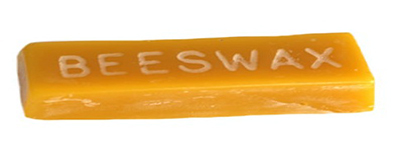

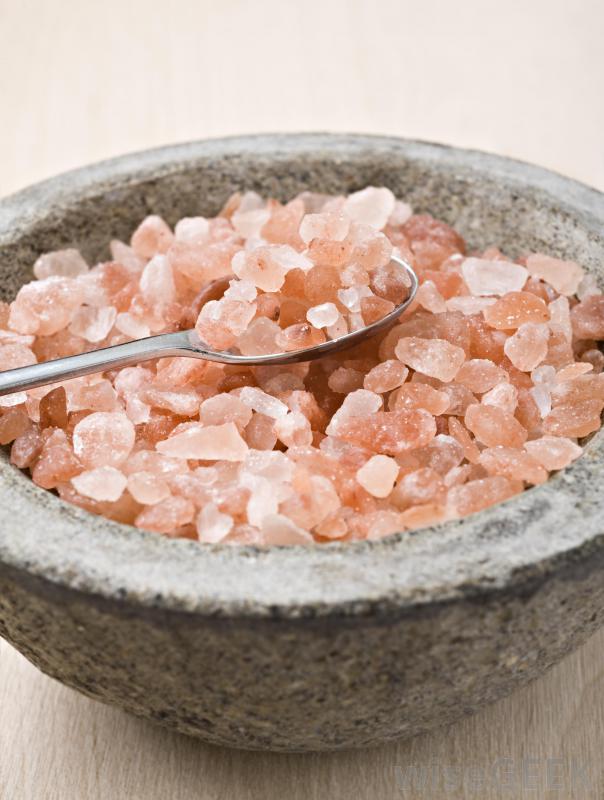
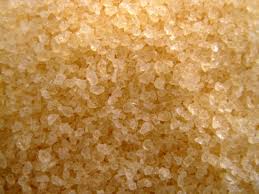

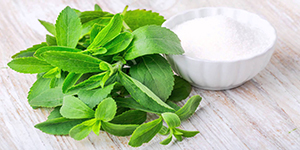

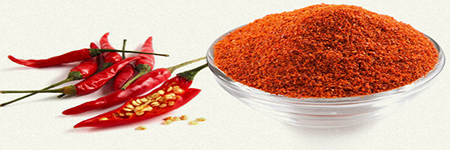
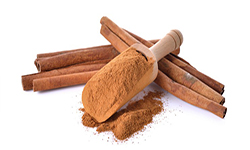
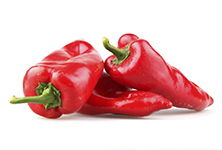







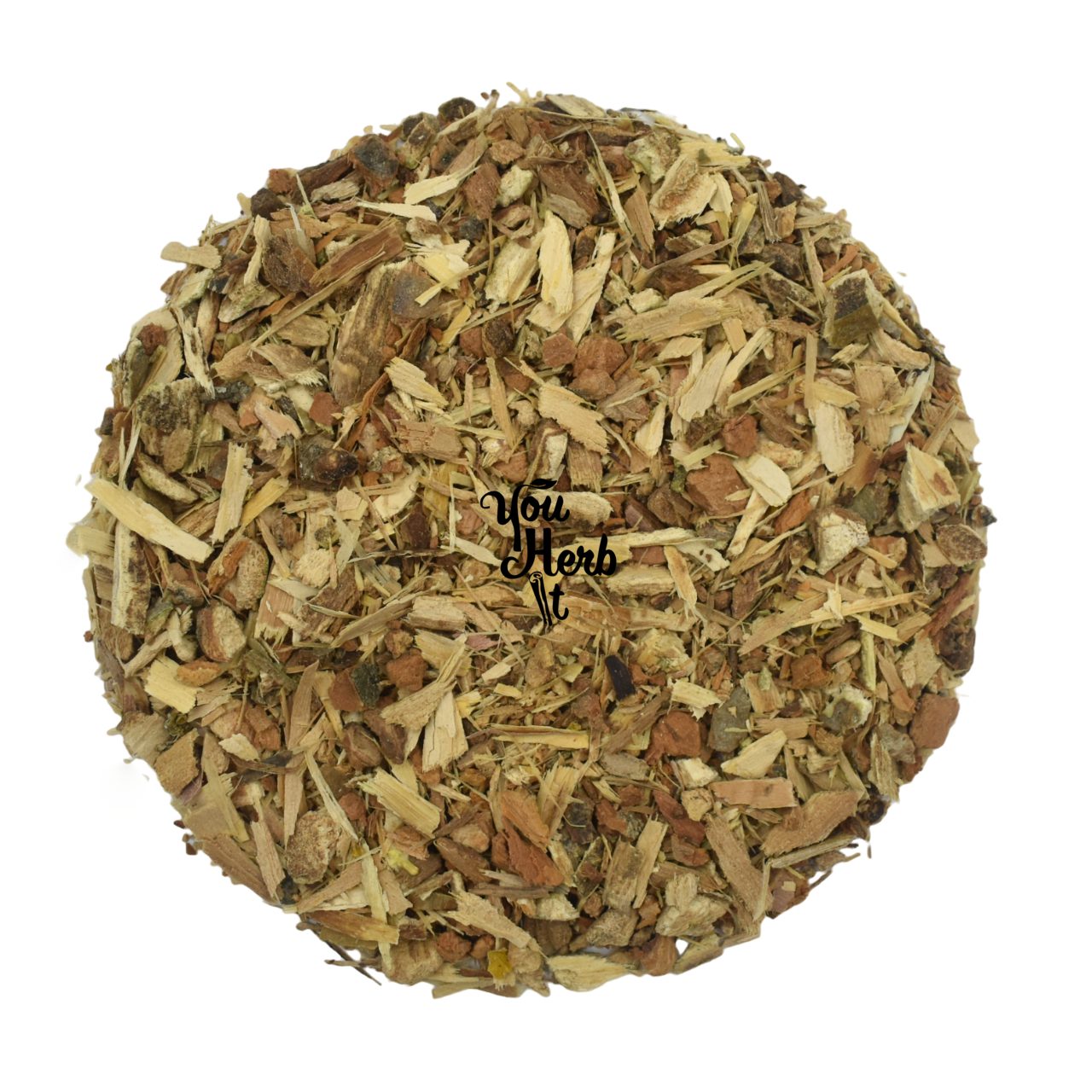
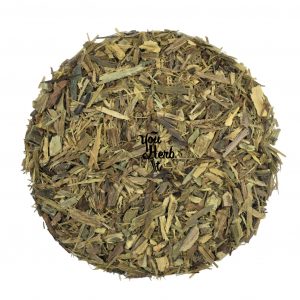
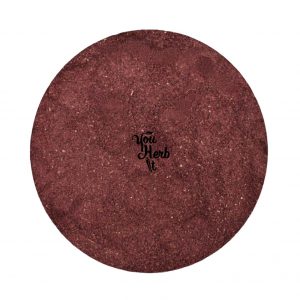
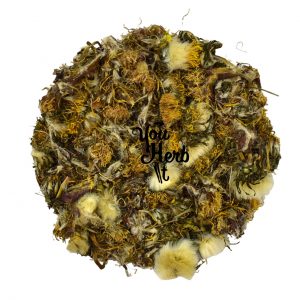
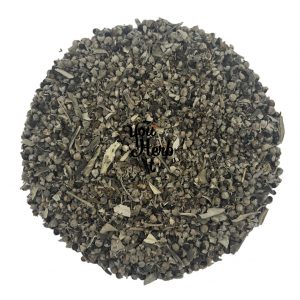
Reviews
There are no reviews yet.